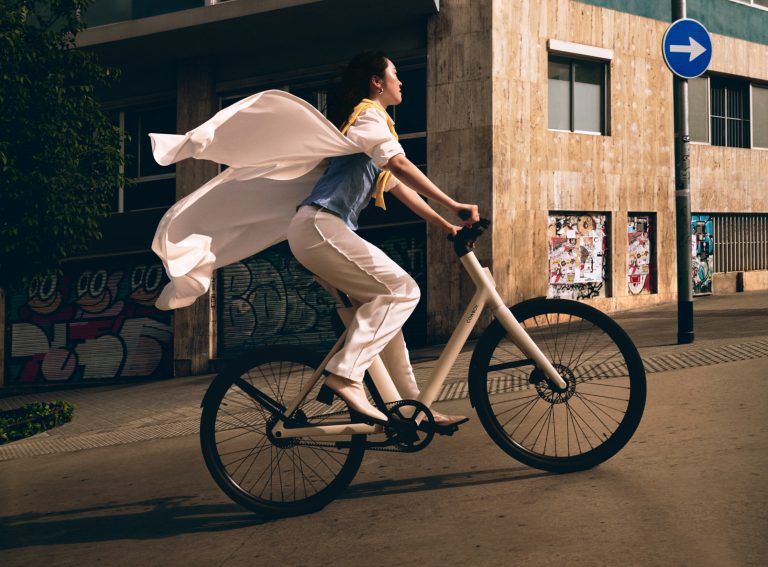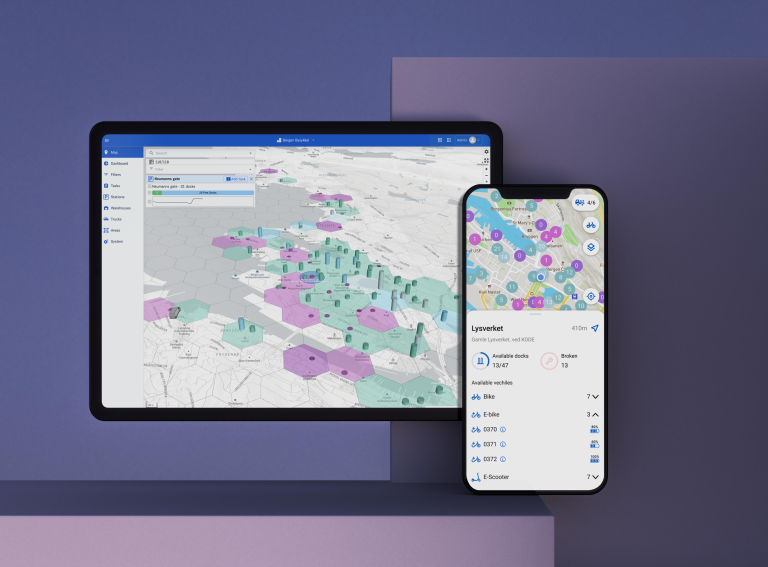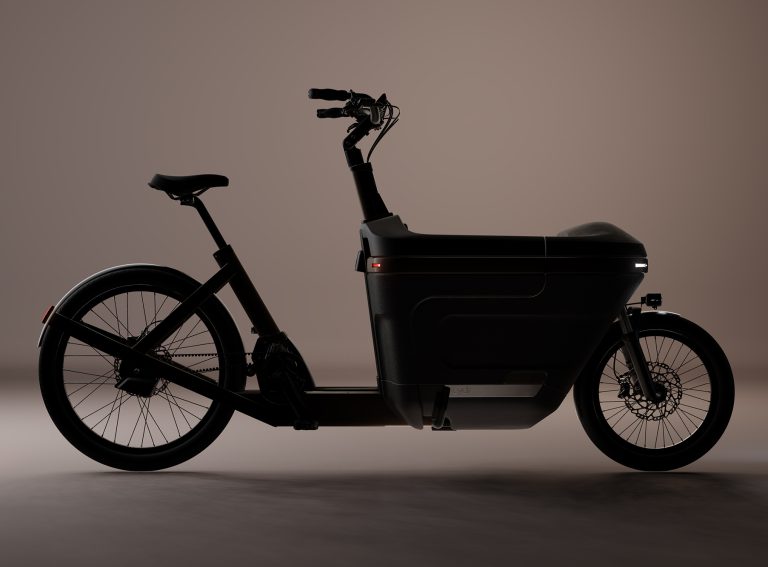A new artificial intelligence (AI) technology that detects alcohol and drug intoxication by scanning people’s eyes is being deployed in a fleet of e-scooters.
Swedish startup Sightic Analytics has announced a partnership with Ryde to integrate the technology into the micromobility firm’s e-scooters.
Sightic’s AI-based software detects intoxication through a proprietary algorithm based on advanced image analysis. The idea is to check a person’s capacity to ride an e-scooter in a fast and non-intrusive manner to prevent e-scooter-related accidents.
Sightic’s software will be seamlessly integrated into Ryde’s app, where the e-scooter rider will go through a quick process scanning their eyes, with Sightic’s algorithm then providing an immediate response. If negative, (which means the rider is not under the influence of alcohol) the e-scooter will be unlocked.
“The current tests are typically a reaction test, which is not very accurate nor science-based,” Tobias Balchen, CEO of Ryde Technology, told Zag Daily.
“For us, bringing this technology backed up by credible science is a unique way to tackle intoxicated driving with high accuracy. The software is reading a number of bioindicators in the eye which react to intoxication. Based on the research they are able to interpret these indicators to judge intoxication.”
Another reason for the partnership is because “in both Sweden and Norway, intoxication has sadly been an issue for road safety,” said Balchen.
Jenny Johansson, one of the Co-Founders of Sightic Analytics, believes their solution will dramatically reduce the risk of driver-related collisions, injuries, and fatalities as a result of drunk driving. “The partnership with Ryde Technology represents a significant milestone for how we adapt Sightic’s software for the e-scooter sector and its requirements,” she said.
Matters to guarantee the users’ privacy have been discussed in detail with Sightic. “Everything is done locally on the phone, nothing is saved to ensure compliance, and we do not store any biometrical data. The only thing that is sent is how the receptors are interpreted to decide whether the electric scooters should be opened,” added Balchen.



